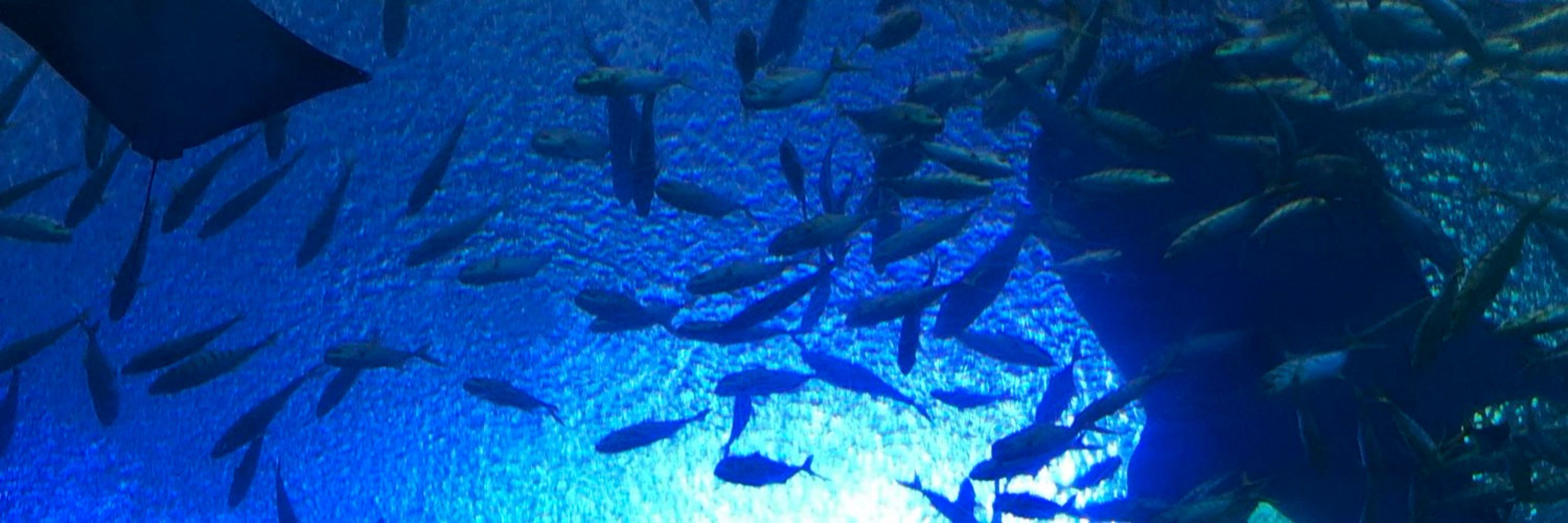
Studying #metabolism, #mitochondria, #peroxisomes


genesdev.cshlp.org/cgi/content/...
genesdev.cshlp.org/cgi/content/...
www.science.org/doi/10.1126/...

www.science.org/doi/10.1126/...

@cri-utsw.bsky.social at UTSW this January!
We will explore how cells sense and respond to mechanical forces, focusing on membrane mechanics to reveal how tension and signaling work together to shape cell behavior.
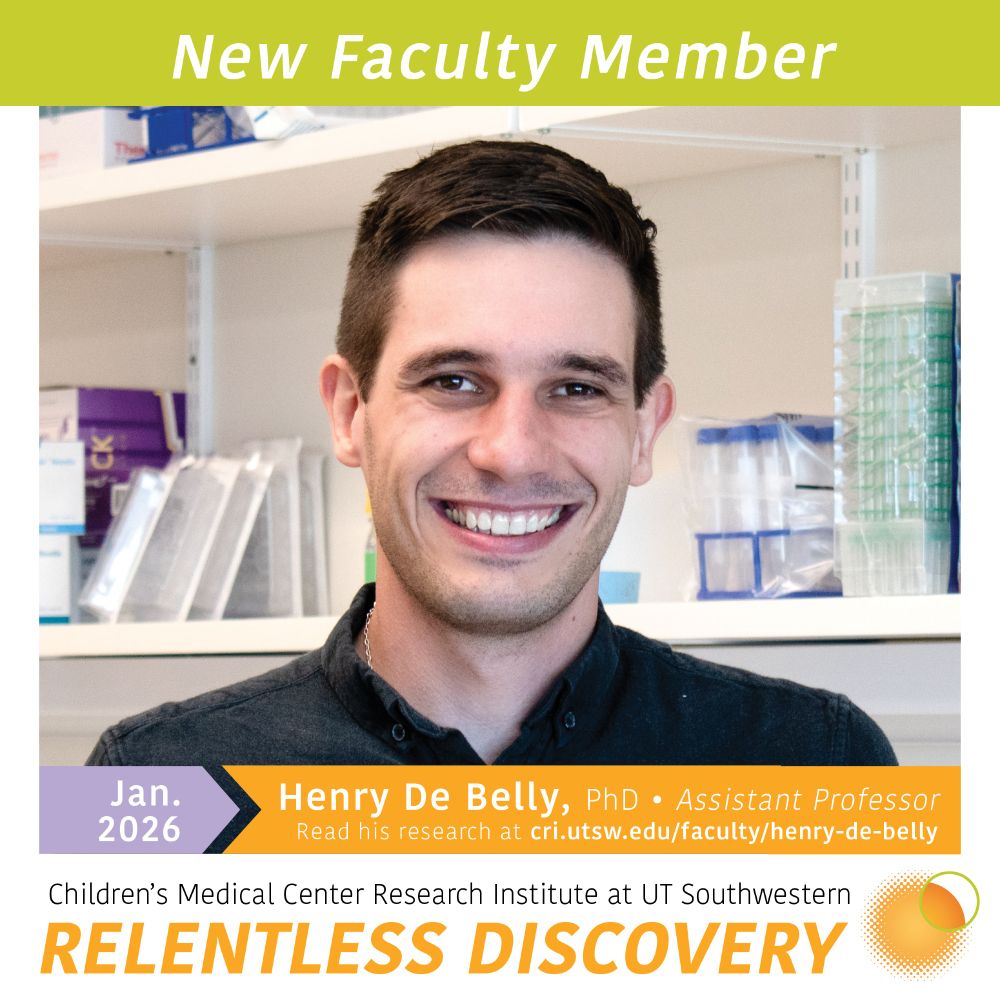
@cri-utsw.bsky.social at UTSW this January!
We will explore how cells sense and respond to mechanical forces, focusing on membrane mechanics to reveal how tension and signaling work together to shape cell behavior.
rdcu.be/eKKz1 🇨🇦

rdcu.be/eKKz1 🇨🇦
Menstruation is understudied due to societal taboos + a biological challenge: mice (a key system for research + drug discovery) don’t menstruate.
@cagricevrim.bsky.social made menstruating mice + used them to discover early events in menstruation.
He is on the job market!
@karalmckinley.bsky.social
We built the first transgenic model of menstruation in mice.
We used it to uncover how the endometrium organizes and sheds during menstruation. 🧪
www.biorxiv.org/content/10.1...
🧵

Menstruation is understudied due to societal taboos + a biological challenge: mice (a key system for research + drug discovery) don’t menstruate.
@cagricevrim.bsky.social made menstruating mice + used them to discover early events in menstruation.
He is on the job market!
Ubiquitin-mediated mitophagy regulates the inheritance of mitochondrial DNA mutations | Science
www.science.org/doi/10.1126/...

Ubiquitin-mediated mitophagy regulates the inheritance of mitochondrial DNA mutations | Science
www.science.org/doi/10.1126/...


Thank you to all the mentors, friends, and colleagues who have supported me throughout the years!
Thank you to all the mentors, friends, and colleagues who have supported me throughout the years!
www.nature.com/articles/s41...

www.nature.com/articles/s41...
www.nature.com/articles/s41...

www.nature.com/articles/s41...
🚨 We are also recruiting motivated postdocs to study how mitotic errors and aberrant nuclear structures drive cancer genome evolution—join us!

🚨 We are also recruiting motivated postdocs to study how mitotic errors and aberrant nuclear structures drive cancer genome evolution—join us!

bit.ly/4lmjv2l

bit.ly/4lmjv2l


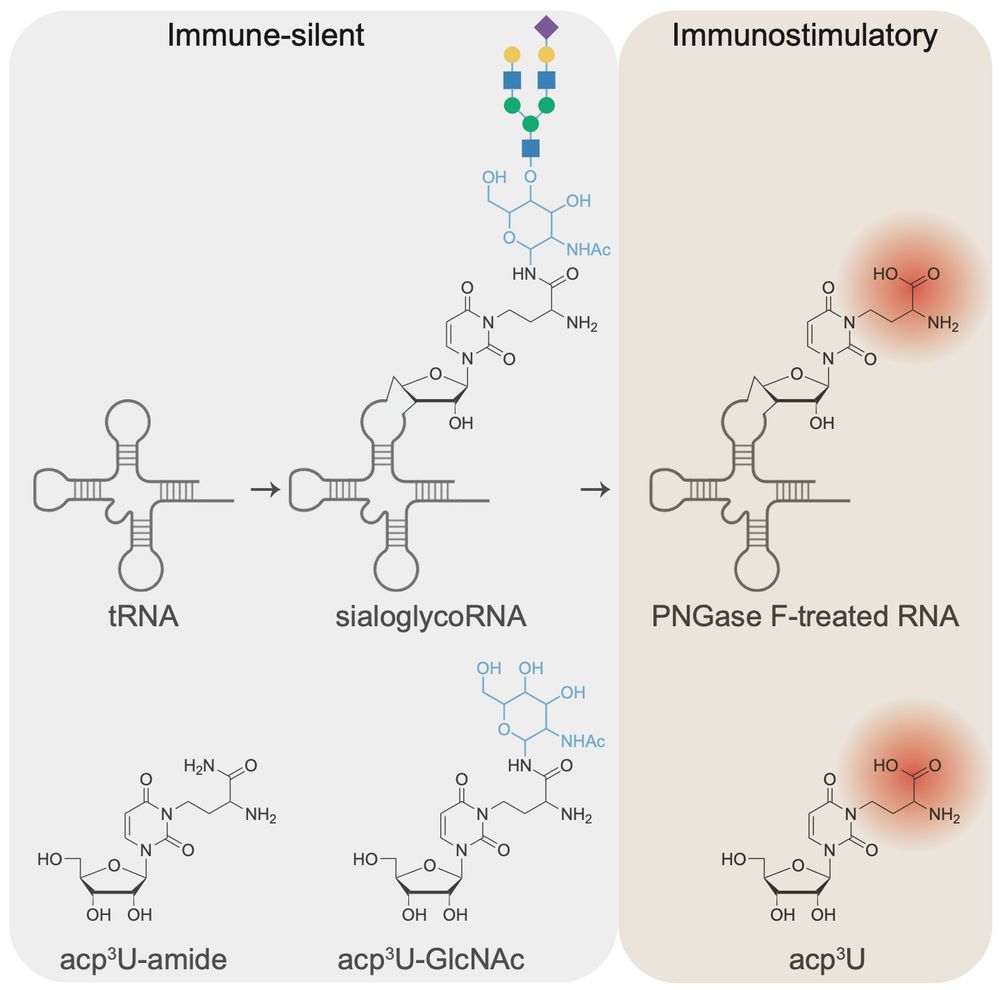
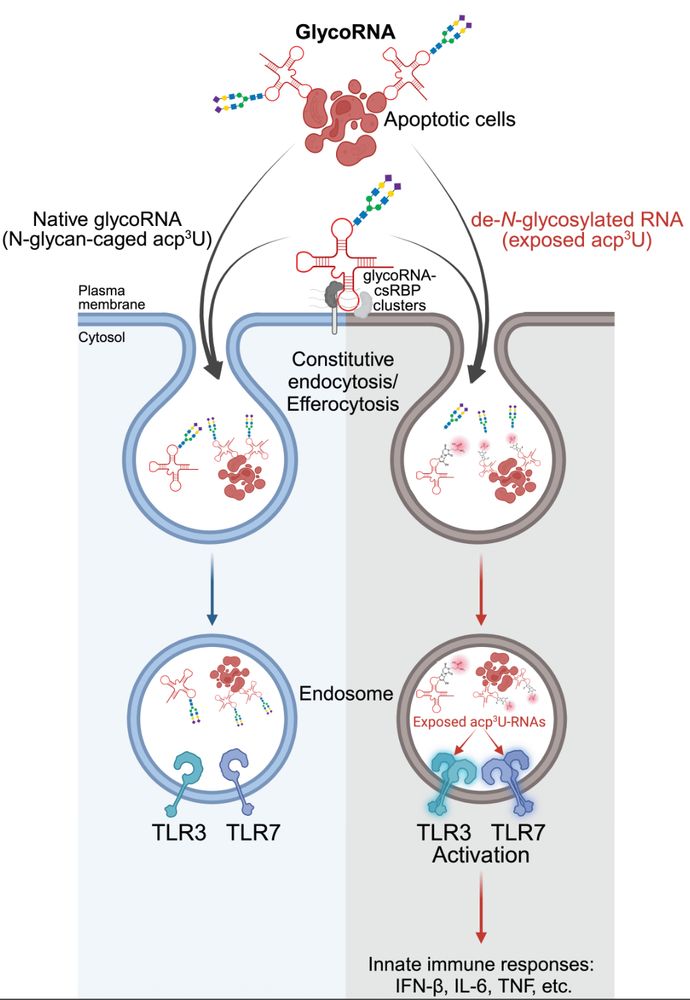
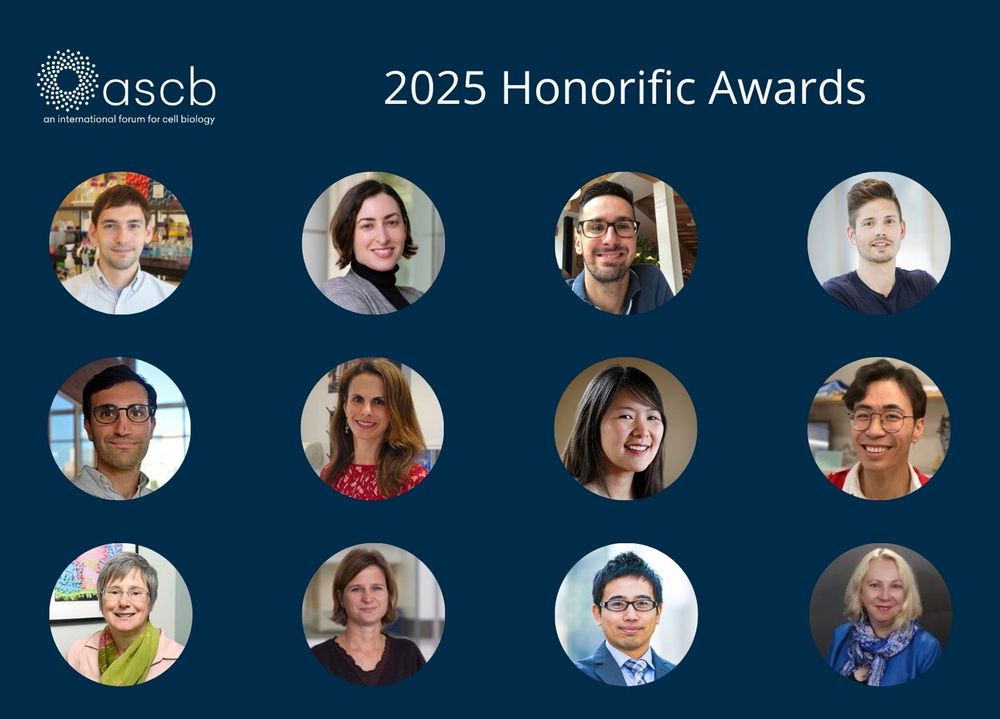

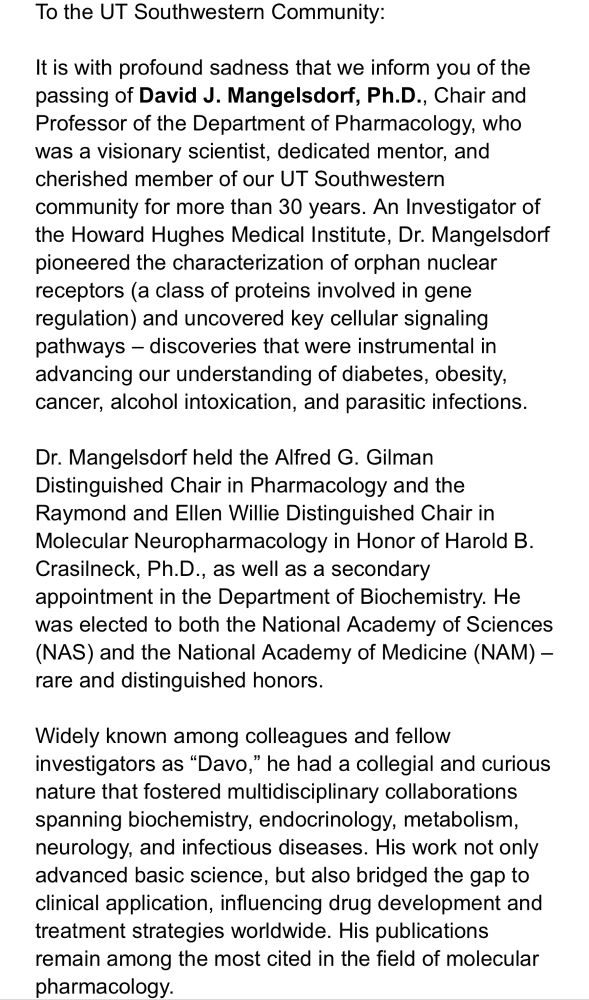
ONWARDS!!!

ONWARDS!!!

Following surgery to alleviate overload in kids with single ventricle hearts, lung arteries form AVMs. #DevBio #EndothelialCell #CHD
Beautiful work from Steve Spurgin. #DevBio 🫁 🫀 ❤️🩹
www.biorxiv.org/content/10.1...
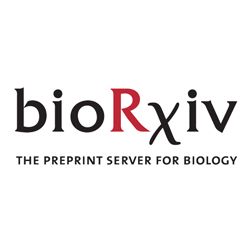
Following surgery to alleviate overload in kids with single ventricle hearts, lung arteries form AVMs. #DevBio #EndothelialCell #CHD
Beautiful work from Steve Spurgin. #DevBio 🫁 🫀 ❤️🩹
www.biorxiv.org/content/10.1...
➡️ www.uni-wuerzburg.de/en/news-and-...


